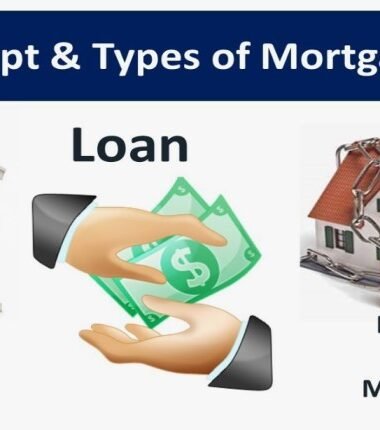When you buy a home, one of the first people you meet is a mortgage loan officer. These professionals help you navigate the complex world of home loans, ensuring you get the best deal for your budget. But what exactly does a mortgage loan officer do, and how can you become one? Let’s explore this rewarding career path.
What Does a Mortgage Loan Officer Do?
A mortgage loan officer acts as a bridge between homebuyers and lenders. They guide clients through the loan application process, explain different mortgage options, and help them choose the best fit. For example, if a first-time buyer has a limited budget, the officer might recommend an FHA loan with a low down payment.
Their responsibilities include evaluating applications by reviewing credit scores, income, and debts to determine loan eligibility. They also explain complex terms like fixed rate versus adjustable rate mortgages in simple language. Processing paperwork is another key task, ensuring all documents are complete and submitted on time. Additionally, they build relationships with real estate agents and builders to grow their client base.
Skills Needed to Succeed
To excel as a mortgage loan officer, you’ll need a mix of hard and soft skills. Strong communication is essential, as you’ll explain complicated financial concepts in simple terms. Attention to detail is critical for reviewing applications and spotting errors.
Sales skills are also important. Loan officers often earn commissions, so the ability to build trust and close deals is key. Finally, staying updated on mortgage laws and market trends ensures you provide accurate advice.
How to Become a Mortgage Loan Officer
Becoming a mortgage loan officer involves several steps. First, you’ll need to meet basic requirements. Most states require a high school diploma or equivalent, though some employers prefer candidates with a bachelor’s degree in finance, business, or a related field.
Next, you’ll need to get licensed. This involves completing 20 hours of pre-licensing education, passing the National Mortgage Licensing System NMLS exam, and undergoing a background check.
Gaining experience is crucial. Many officers start as loan processors or assistants to learn the ropes. Working at banks, credit unions, or mortgage companies provides valuable hands-on experience.
Finally, building a network is key to success. Connecting with real estate agents, builders, and other professionals helps grow your client base and establish your reputation in the industry.
Salary and Job Outlook
The earning potential for a mortgage loan officer varies based on experience, location, and performance. On average, officers earn between $50000 and $100000 annually, with top performers making $150000 or more through commissions.
The job outlook is steady as people will always need homes. However, demand can fluctuate with interest rates and housing markets. For example, when rates are low, more buyers seek loans, creating opportunities for officers.
Challenges in the Role
The job isn’t without its challenges. Loan officers often work long hours, especially during busy seasons. They also face pressure to meet sales targets and navigate strict lending regulations. Additionally, economic downturns can slow home-buying activity, affecting income.
Frequently Asked Questions
What Does A Mortgage Loan Officer Do?
A mortgage loan officer helps homebuyers secure loans by evaluating their financial situation, explaining options, and processing applications.
Do I Need A Degree To Become A Mortgage Loan Officer?
No, but a degree in finance or business can help. Most states require a high school diploma and a license.
How Do Mortgage Loan Officers Get Paid?
They typically earn a base salary plus commissions based on the loans they close.
Is This Job Stressful?
This can be the case, especially during busy periods or when dealing with complex applications. However, many find the work rewarding.
Can I Work Remotely As A Mortgage Loan Office?r
Yes, many officers work remotely, using digital tools to communicate with clients and process applications.
What’s The Difference Between A Loan Officer And A Mortgage Broker?
A loan officer works for a specific lender, while a broker works independently and connects clients with multiple lenders.
How Long Does It Take To Become A Mortgage Loan Officer?
It can take a few months to complete licensing and training, but gaining experience may take longer.








